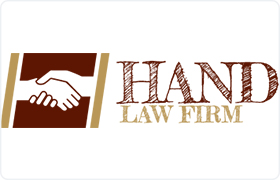INADMISSIBLE EVIDENCE
Testimony or other evidence that fails to meet state or federal court rules governing the types of evidence that can be presented to a judge or jury. The main r...
(more...)Testimony or other evidence that fails to meet state or federal court rules governing the types of evidence that can be presented to a judge or jury. The main reason why evidence is ruled inadmissible is because it falls into a category deemed so unreliable that a court should not consider it as part of a deciding a case --for example, hearsay evidence, or an expert's opinion that is not based on facts generally accepted in the field. Evidence will also be declared inadmissible if it suffers from some other defect--for example, as compared to its value, it will take too long to present or risks enflaming the jury, as might be the case with graphic pictures of a homicide victim. In addition, in criminal cases, evidence that is gathered using illegal methods is commonly ruled inadmissible. Because the rules of evidence are so complicated (and because contesting lawyers waste so much time arguing over them) there is a strong trend towards using mediation or arbitration to resolve civil disputes. In mediation and arbitration, virtually all evidence can be considered. See evidence, admissible evidence.
 x
x

 Benny Hand Opelika, AL
Benny Hand Opelika, AL Practice AreasExpertise
Practice AreasExpertise
